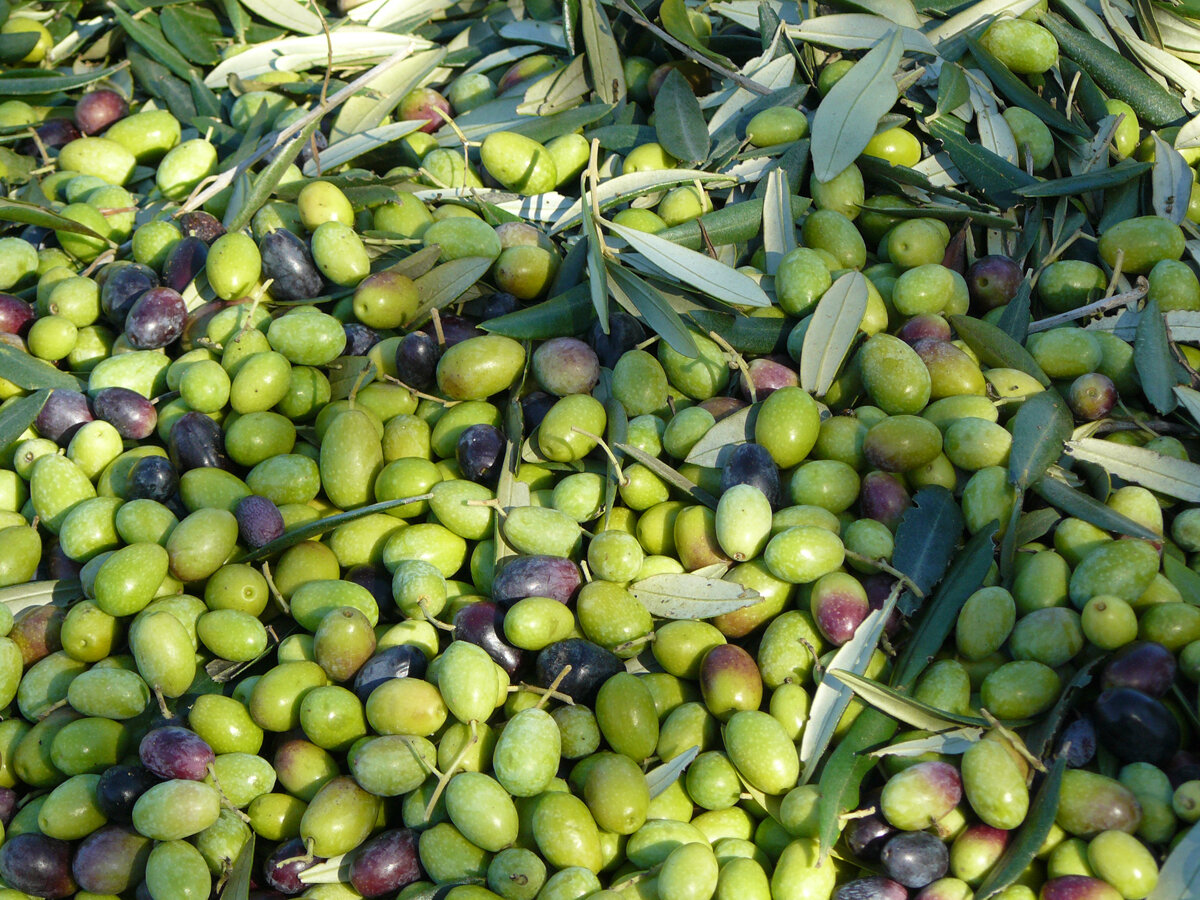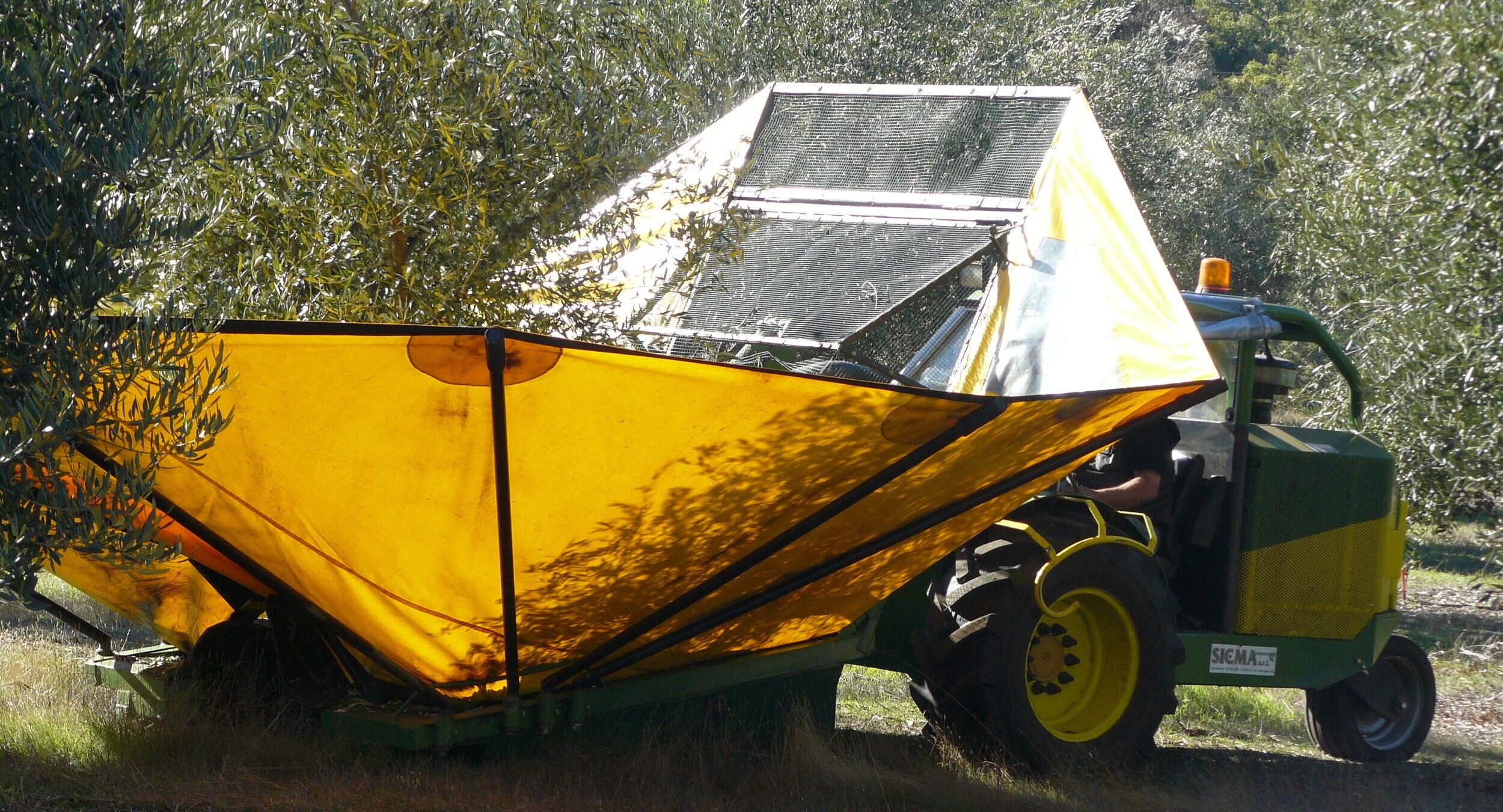
The Sherwood story
Frederick Sherwood and his family arrived from England on the Lady Gray in 1843 to be among the first to settle in the Swan River colony in Western Australia.
Frederick Sherwood, an architect, surveyor and engineer was engaged in various activities utilising those professional skills until in 1857, he established the Swan Brewery in Sherwood’s Lane (now Sherwood Court). The aroma of hops wafted over St George’s Terrace and wagons rolled down Sherwood’s Lane, delivering barley to the malthouse and picking up casked and bottled Swan beer for distribution all over the colony.
In 1989 Helen and Ian Wildy purchased a 100 acre property at Mumballup in the Preston River valley about 200 kilometres south of Perth. The state forest opposite the property is the Sherwood Block and may well have been named in recognition of Frederick Sherwood who was engaged as a surveyor for land around Bunbury soon after his arrival in 1843.
The property at Mumballup was called Sherwood Springs. This seemed logical given a a number of fresh water springs on the property and more importantly Helen’s mother, Margaret Walker (nee Sherwood) was Frederick’s great grand daughter.
Some years later we learned that Frederick Sherwood had also owned a farm of nearly 1,000 acres that covered an area from what is now known as Mt Yokine to the Swan River at Bayswater. It had been called The Springs.
A tradition of producing high quality products was commenced by Frederick Sherwood 150 years ago. Sherwood Springs olive oil continues that family tradition.
Sherwood Springs today
Sherwood Springs at Mumballup is very much a family operation and we are occupied year round, mainly in the olive grove.
In October and November buds begin to form and the differentiation between vegetative shoots and fruiting shoots becomes apparent. Flowers open and give the first indication of next year’s crop. The fresh, unpolluted breeze wafts through the grove and completes the process of pollination and the fruit begins to set.
From December to March the fruit swells, the stone hardens and the oil accumulates in the olive fruit. The olive trees are irrigated during summer from a large dam that fills in winter each year from fresh, clean water flowing from streams in the adjacent jarrah/marri eucalypt forest.
During April and May, the fruit is a range of colours from green to pink to purple and we are constantly monitoring to determine the optimal time for harvesting. The olives are harvested using self propelled tree shakers. The olives are collected in an umbrella that folds around the trunk of the trees and the olives are carefully transferred to special aerated bins for transport to the oil extraction plant for immediate processing.
Immediate processing is critical to the production of a premium product of optimal flavour and character. Any delays and the olives begin to deteriorate, increasing the free fatty acids in the final product and affecting the fresh flavour.
Sherwood Springs olive oil is extracted by hygienic and modern continuous cold processing technology. The proximity of our groves to processing facilities means that the fruit can be processed within hours of picking enhancing the special characteristic flavours of the region, while maximising the natural anti-oxidants and vitamins which makes olive oil unique among foods.
The new oil is returned to Sherwood Springs and stored in stainless steel tanks in controlled conditions. Some oil is filtered so that we can have new season oil available quickly and the balance is stored until it has settled and is ready for bottling.
Following harvest pruning begins. Olives are one of the most difficult of all the fruit trees to prune but with care and experience pruning can increase fruit production, improve oil quality, maintain tree health and avoid disease. It is very labour intensive and in one form or another becomes an almost year round activity.
Location and climate
Sherwood Springs is at Mumballup in the Geographe region of the south west of Western Australia—about a 2.5 hour drive from Perth.
The region is close to the south west coast of Western Australia and experiences a classic Mediterranean climate – cool, wet winters and hot, dry summers. This is the climate of the regions where the olive tree originated and so our trees are growing in conditions similar to its natural environment. As a result our olive trees thrive, produce healthy, sound fruit and — local parrots aside — are less susceptible to pests and diseases.
The region in has developed a reputation as the premium olive oil region in Western Australia, a perception supported by the results from olive oil competitions over many years.
Our olive varieties
The varieties in the Sherwood Springs olive grove are the classics from Tuscany – Frantoio, Leccino and Pendolino. We also have Minerva (a variation of Leccino) to enhance our production capacity and give further varietal variation.
The combination of our varieties, soil types, climate and grove management produces medium to intense olive oil which display green herbaceous characters with a peppery finish. These are the characteristics so appreciated in quality olive oils.
Gargano Blend… a little bit of history
For many years we produced a special blend for one of Perth’s leading restaurants, Gargano Ristorante in Claremont, a very popular family Italian restaurant. The restaurant has closed but Mario (the owner and chef at Gargano) has moved to The New Gargano in Bullsbrook, north of Perth, making the best pizzas in the state.
Mario says modestly “I just cook spaghetti” but he knows about olive oil. The name of the restaurant, Gargano, is from his family’s region in Puglia in Italy which produces most of Italy’s olive oil.
Each year we take samples of the oil from our freshly harvested Italian varieties of olives (they are Leccino, Frantoio and Minerva) to Mario and we make a blend that he can use in the kitchen and on the table. This becomes the Gargano Blend for the year.
Mario likes it to be fresh and fruity with some pungency. His judgement has proved to be pretty good over the years because our Gargano Blend consistently won medals at the Perth Royal Show extra virgin olive oil competition.
Olive oil and health
Since a study in the 1950’s that linked the extraordinary low incidence of death from coronary disease with the high consumption of olive oil on the Greek island of Crete, medical research has proven the positive health benefits of regular consumption of olive oil—a survey in 1996 showed that Cretans consumed 31 litres of olive oil each per year.
Olive oil contains a large range of natural antioxidants which can help protect against heart and blood vessel disease, osteoporosis, rheumatoid arthritis and some cancers.
And, wonderfully, as a key component of the Mediterranean diet it also tastes delicious!
Storing Olive Oil
Unlike wine, olive oil does not improve with age and is best consumed fresh to appreciate the rich flavours and health benefits. It is a good idea to run out, and be ready to purchase oil just when the new season oil becomes available – around June each year.
Keep your Sherwood Springs Olive Oil in a dark location, away from any heat sources and if possible at a constant temperature of around 20°C. Olive oil will sometimes become cloudy or coagulated if stored in a refrigerator, or if the temperature drops too low. As soon as the oil warms up the cloudiness will disappear. The fact that it goes cloudy indicates that it is unadulterated extra virgin olive oil.


